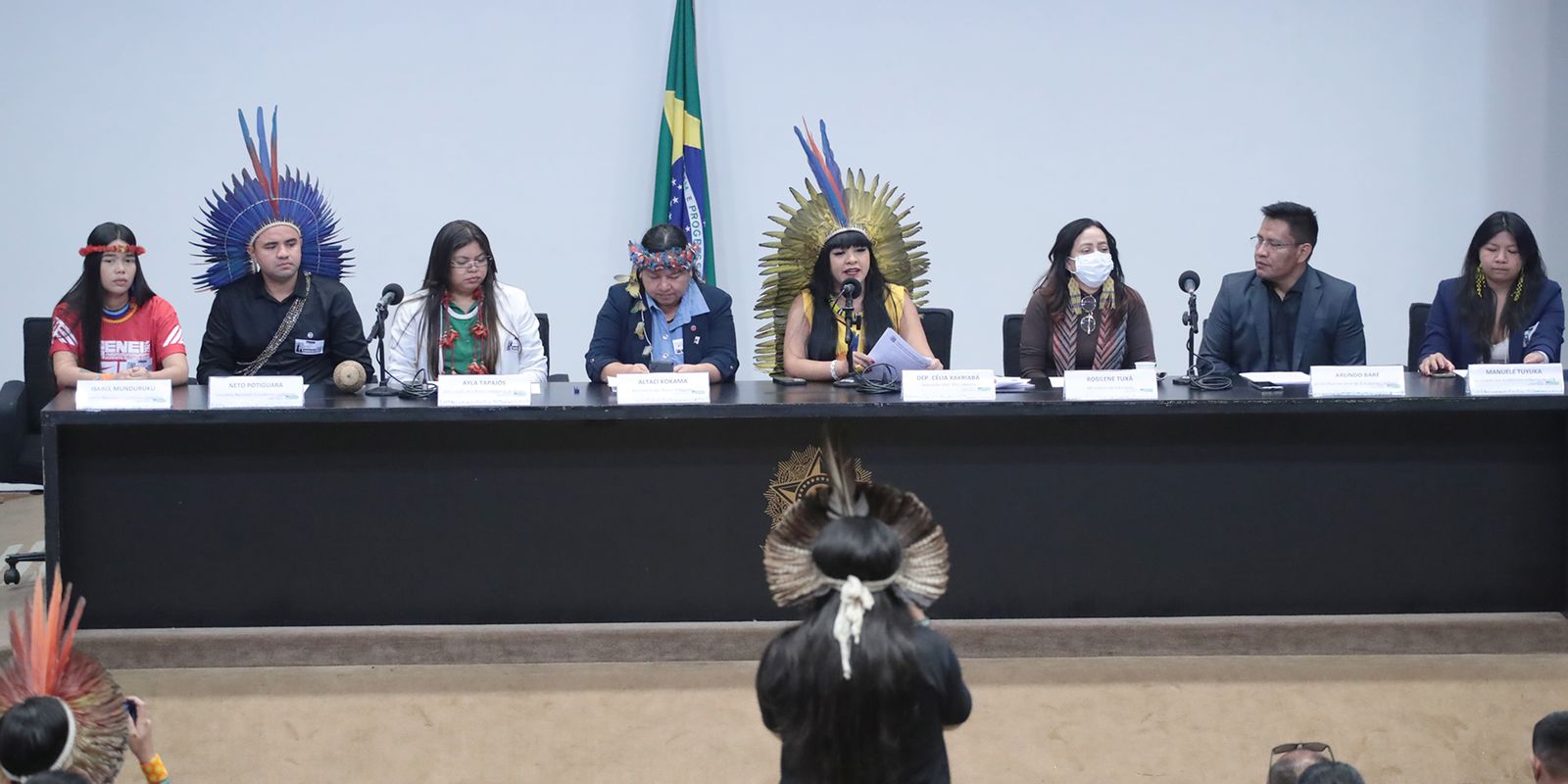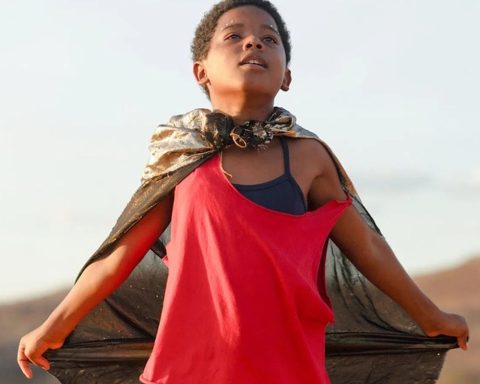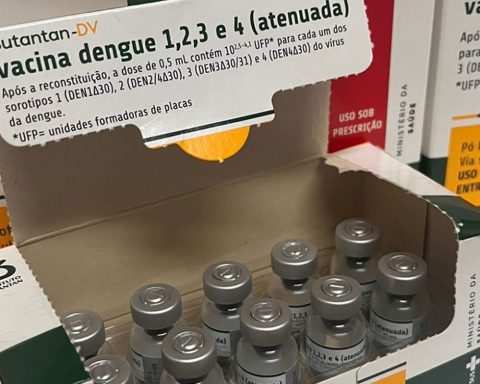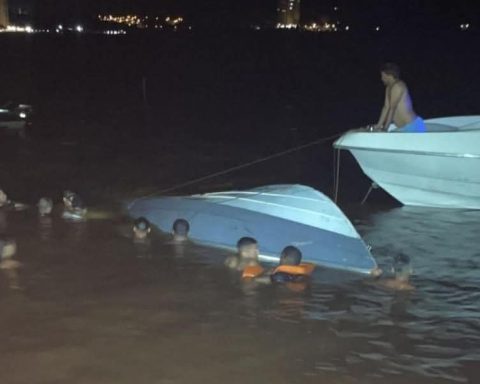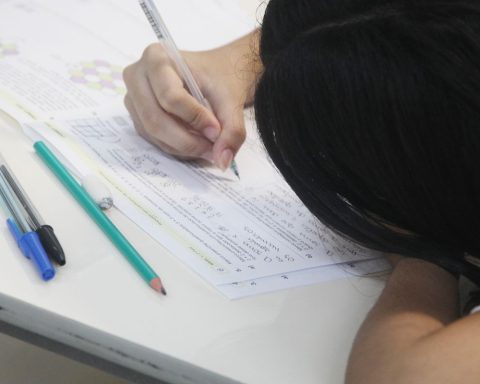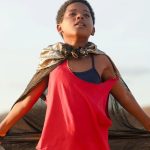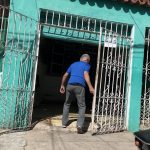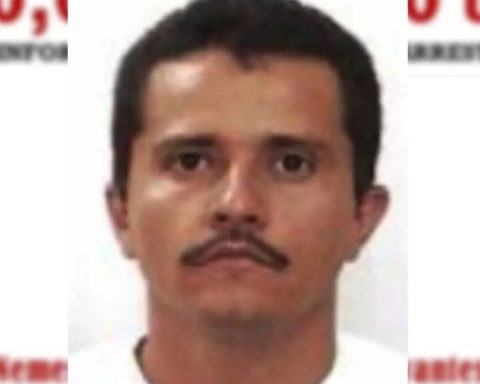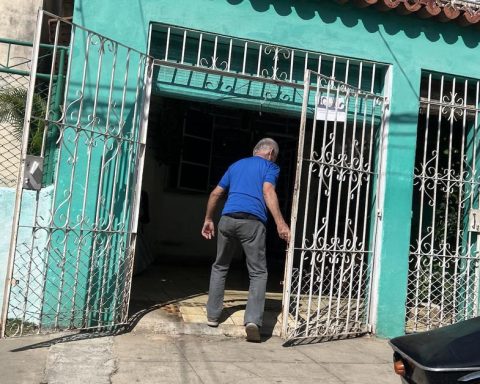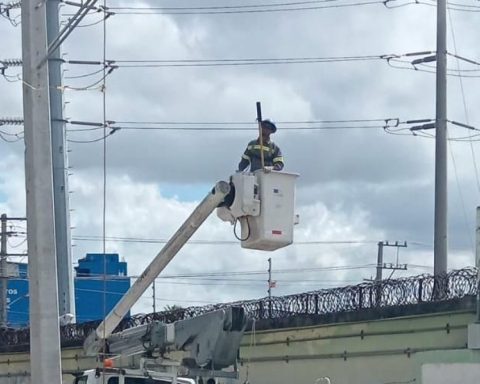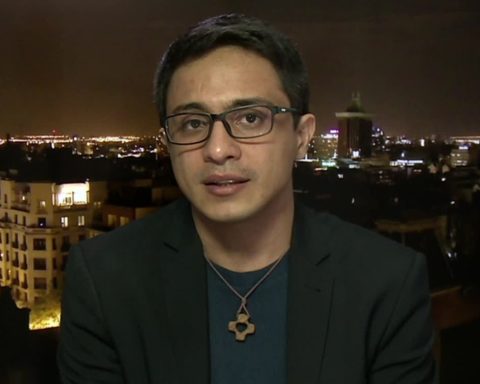Around a thousand students from over 100 indigenous peoples were in Brasília last week for the 11th National Meeting of Indigenous Students (ENEI). The event, organized by the Association of Indigenous Academics of the University of Brasília (AAIUnB), included a series of meetings with representatives of the Public Authorities.
In Senate hearings, indigenous students discussed quotas in universities, but also the creation and implementation of a university focused exclusively on indigenous peoples, with attention to the cultural and educational particularities of indigenous peoples. A letter of claims written by indigenous collectives from 25 universities.
In the Chamber, indigenous students had an audience with parliamentarians to debate the importance of the indigenous presence in higher education over the last two decades, with an emphasis on indigenous science as a tool for fighting and promoting equity.
“We want to bring indigenous science into the university, not just to stay within the Western curriculum that universities offer, but also to bring our diversity, our identity, which includes indigenous science,” highlights Manuele Tuyuka, president of the Association of Indigenous Academics of the University of Brasília (AAIUnB).
Alisson Cleomar, a member of the Pankararu ethnic group, is 29 years old and is studying medicine at UnB. He says that many indigenous students still face prejudice at the university. “I have had several professors who could not see me as someone capable of being in that classroom. And this harms me not only academically, but also psychologically,” says Alisson, who passed the entrance exam with the support of other indigenous students. Today, it is also the community that supports the continuation of his studies. Alisson shares housing with other indigenous university students.
The support network was also essential for forestry engineering student Thoyane Fulni-ô Kamayurá, 22. She became pregnant at the beginning of her course and had to interrupt her studies.
“It was challenging, but that’s how it is. Like most indigenous people, we learn to fend for ourselves from an early age. Because we live in villages, we always have to work together, whether it’s paid or not. Even if I were to get pregnant with one or two children, I already knew how to get by, because that’s how I was raised,” says Thoyane.
Leaving the village is the main challenge for many indigenous university students. Yonne Alfredo, 25, from the Tikuna ethnic group in Amazonas, is studying biology at the State University of Campinas (Unicamp). She recalls that she even had support from veterans, but it still took a lot of determination to stay away from her relatives. “It’s a huge change in a person’s life. It was painful to leave my city, my habits, my customs,” says Yonne. “When I finish my studies, I plan to continue living in the city for a while. I want to do research and understand the needs of the people before returning to the village.”
* Intern under the supervision of Marcelo Brandão
